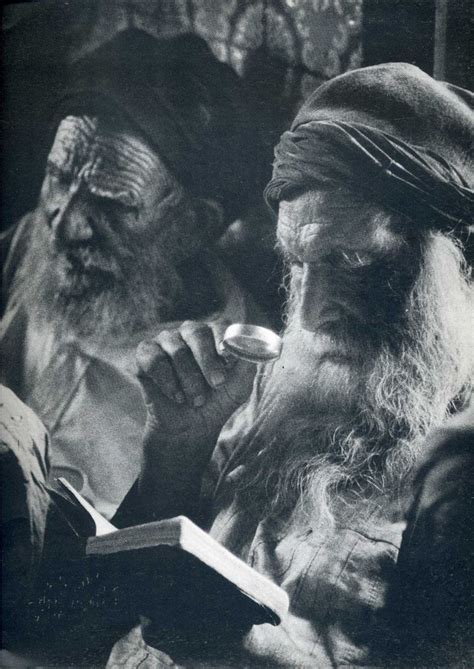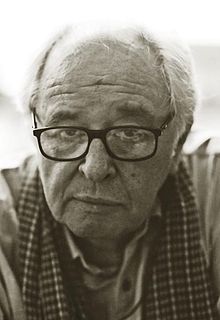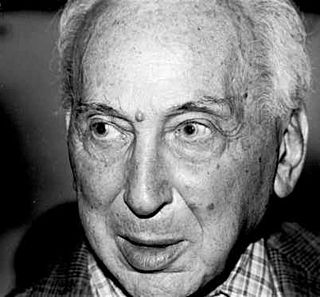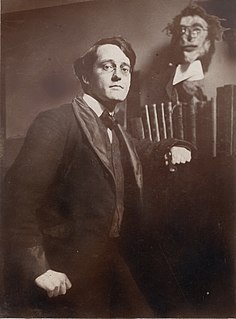A Quote by George Rodger
I may juggle the composition, as the strength of a picture is in the composition. Or I may play with the light. But I never interfere with the subject. The subject has to fall into place on its own and, if I don't like it, I don't have to print it
Related Quotes
In a play, certainly, the subject is of more importance than in any other work of art. Infelicity, triviality, vagueness of subject, may be outweighed in a poem, a novel, or a picture, by charm of manner, by ingenuity of execution; but in a drama the subject is of the essence of the work-it is the work. If it is feeble, the work can have no force; if it is shapeless, the work must be amorphous.
Composition in photography is almost as varied as composition in music or words -- melodic or atonal, safe or daring -- and can enhance subject, theme, and style. Every photograph you take involves you in some compositional decision, even if this is simply where to set up the camera or when to press the button.
Composition is a side issue. Its role in my selection of photographs is a negative one at best. By which I mean that the fascination of a photograph is not in its eccentric composition but in what it has to say: its information content. And, on the other hand, composition always also has its own fortuitous rightness.
In some exquisite critical hints on "Eurythmy," Goethe remarks, "that the best composition in pictures is that which, observing the most delicate laws of harmony, so arranges the objects that they by their position tell their own story." And the rule thus applied to composition in painting applies no less to composition in literature.
We may say with truth and meaning, that governments are more or less republican, as they have more or less of the element of popular election and control in their composition; and believing as I do, that the mass of the citizens is the safest depository of their own rights and especially that the evils flowing from the duperies of the people are less injurious than those from the egoism of their agents, I am a friend to that composition of government which has in it the most of this ingredient.



































